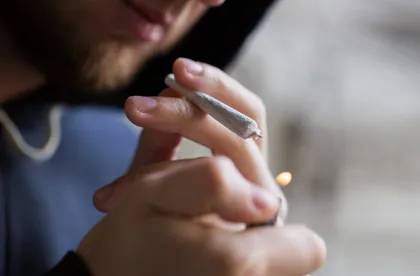Effective March 18, 2019, Florida’s medical marijuana laws were revised in a number of ways primarily to allow patients to smoke the drug, a method of administration that previously was explicitly prohibited under the law. The law was changed after a legal challenge to the prohibition resulted in a decision that the prohibition was inconsistent with the Florida Constitutional Amendment, approved by voters, that made medical marijuana legal in the state. The new law was quickly signed into effect by Governor Rick De Santis, whose views on medical marijuana appear to be much more liberal than those of his predecessor, Rick Scott.
Among the most notable changes in the law are:
-
The right to smoke is not automatic. It is only after the patient has tried other routes of administration and the prescribing physician determines, in writing, that the benefits of smoking outweigh the risk. Terminal patients are exempt from this requirement.
-
The law does not permit physicians to certify medical marijuana for smoking by children under 18 absent certain exceptions, including a terminal condition.
-
Smoking cannot be done in public, and private entities are free to restrict or limit smoking medical marijuana on their property.




 />i
/>i

